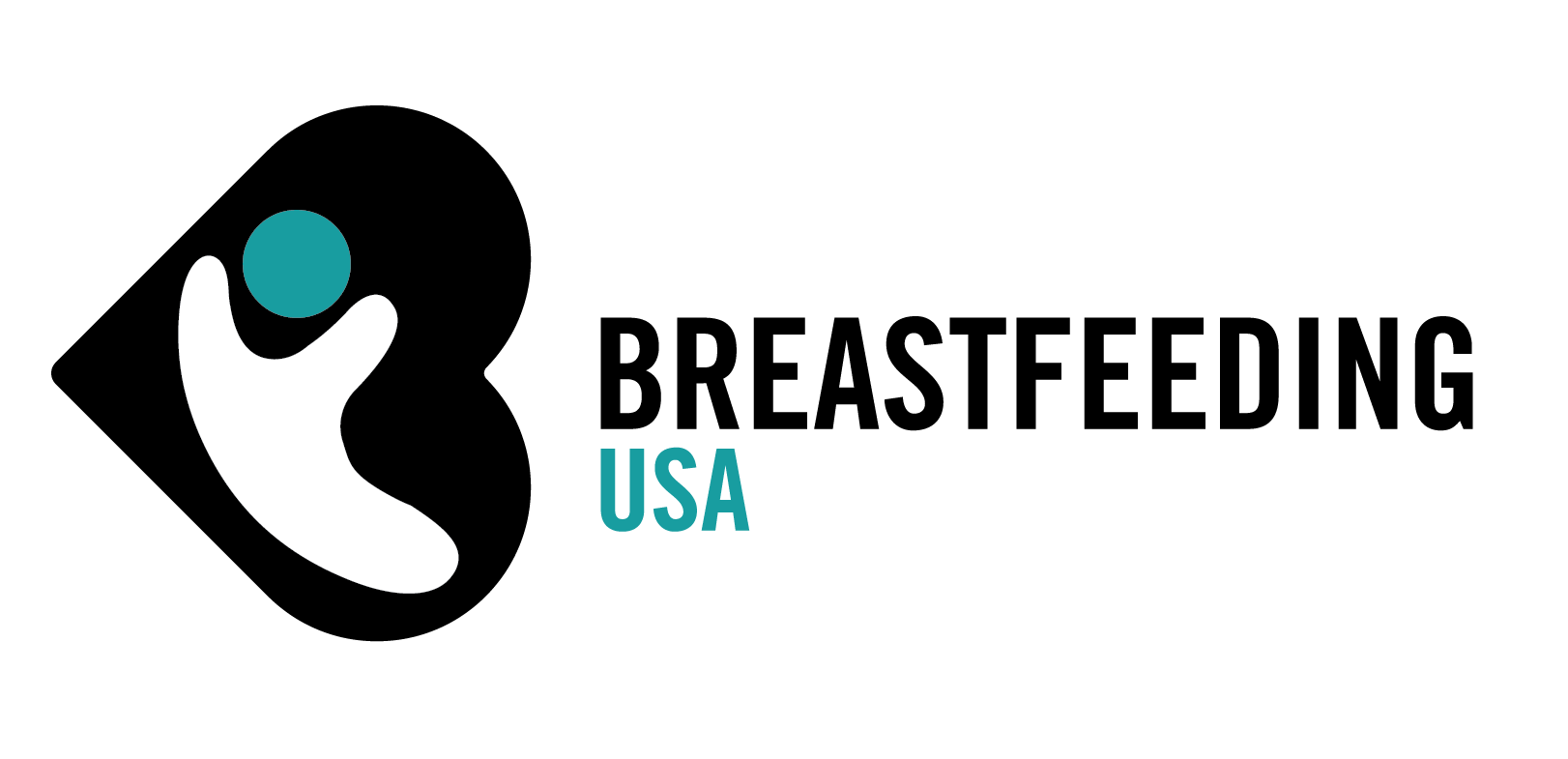By Teresa Pitman

Remember when it felt like you had two boulders full of milk on your chest? And if the baby let go while nursing, you’d laugh as the milk sprayed everywhere? But now things have changed. No more leaking, your breasts don’t feel “full” anymore, and your baby’s behaviour is changing too. Have you lost your milk?
It’s a common worry. “I would say that the majority of breastfeeding women will have concerns about their milk production at some point,” says lactation consultant Karyn-grace Clarke, president of the British Columbia Lactation Consultants Association. There are certain times when this is more likely: in the first couple of days after birth, before the mature milk comes in; when the baby is around three or four weeks old and starts nursing frequently; and between three and six months.
Changes in baby’s behaviour are often behind these concerns, Clarke says. “Mothers tend to think they’ve lost their milk if suddenly the baby is fussier, feeding more often or crying more than usual. Sometimes the baby begins to wake more frequently at night or starts taking shorter naps in the day, and the mother may think this means the baby is hungry because she has less milk.”
What’s happening?
What could be happening? Clarke lists some of the common — and normal — changes that can sometimes be interpreted as a decrease in milk:
- Mothers often feel that once their breasts are not engorged, or when they stop leaking milk between feedings, their milk supply has gone down. “In truth, what these things mean is that their milk supply has been regulated,” says Clarke. “It’s common for a mother to overproduce milk in the beginning before her body finally understands how much it really needs to make on a daily basis.”
- As babies grow, it’s normal for them to take less time to feed. Your newborn might have needed 30 or 40 minutes to fill his tummy; by three months, he may be satisfied after just five or 10 minutes.
- Between four and six months, most babies become easily distracted, even at feeding times. They latch on, nurse for a few seconds, pull off to look at the TV, then go back on for a few more seconds, let go again because a fire truck just went by, and so on. “Many mothers think this means they don’t have enough milk to keep the baby interested in feeding,” says Clarke.
- A baby who had been sleeping for fairly long stretches at night may begin waking again, and mothers often think this means the baby is hungry due to a drop in milk production. However, there can be many reasons for increased night waking, including teething, nursing less often during the day, a cold or a virus.
Signs your milk production has dropped
How can you know if your milk production really has dropped, or if you’re experiencing one of those normal changes? “If baby continues to have a regular pattern of wet and poopy diapers, it’s very likely that everything is fine,” says Clarke. “One thing to note is that around the six-week mark, many breastfed babies start having fewer poopy diapers.”
If your baby’s output pattern has changed, it would be a good idea to check his weight gain; if that has slowed down significantly, then milk production may be a concern that needs attention.
Should you supplement if you see signs of an actual decrease in milk? Clarke recommends you first consult with a breastfeeding expert who can help you figure out the cause. “I would need to consider many different things that could be in play: the mother’s health history or current health situation, any changes in breastfeeding or sleeping patterns, any medications that the mother is taking, possible stresses, separation between mother and baby, adding other foods or liquids to baby’s diet, and so on.”
Depending on the cause, you might be able to increase milk production by adjusting your breastfeeding technique or the frequency of feedings, changing medications, or taking herbal supplements or medication to increase the amount of milk you make.
At times, supplementation is needed, but it’s less likely to lead to unintended weaning if done with a plan to increase milk production and gradually decrease the supplementation — the kind of plan a lactation consultant or other breastfeeding expert can help you work out. If continued supplementation is needed, that doesn’t have to mean the end of breastfeeding, either: There are approaches (such as “paced” bottlefeeding and giving the supplement first, then finishing at the breast) that help to keep the baby interested in nursing
The hormonal shift
Lactation consultant Karyn-grace Clarke points out that when the baby is about three months old, milk production stops being controlled by the mother’s postpartum hormones, and starts being controlled by the information that the body has gathered during the previous weeks of breastfeeding. If the baby nursed infrequently in those early weeks, the milk production may decrease at this point because there were not enough “milk-making factories” created to match the baby’s needs.
Teresa Pitman
Teresa is the author of fifteen books, including the co-author of The Womanly Art of Breastfeeding, 8th revised edition
© Copyright Teresa Pitman. Used with permission. Originally published in Today’s Parent.
